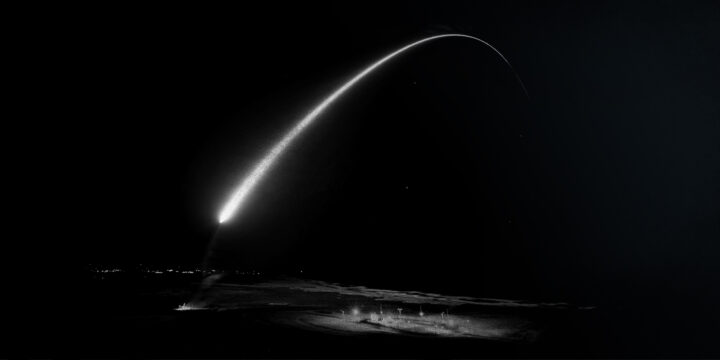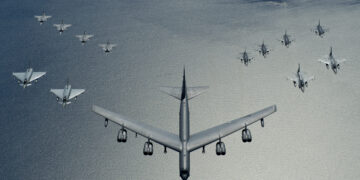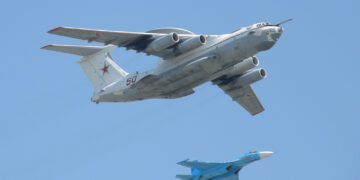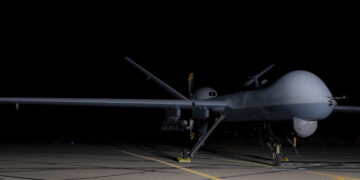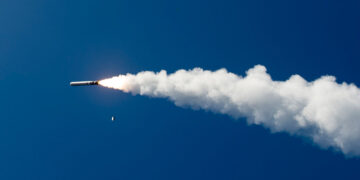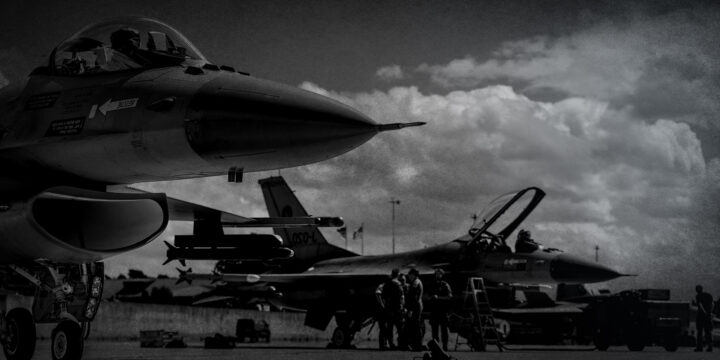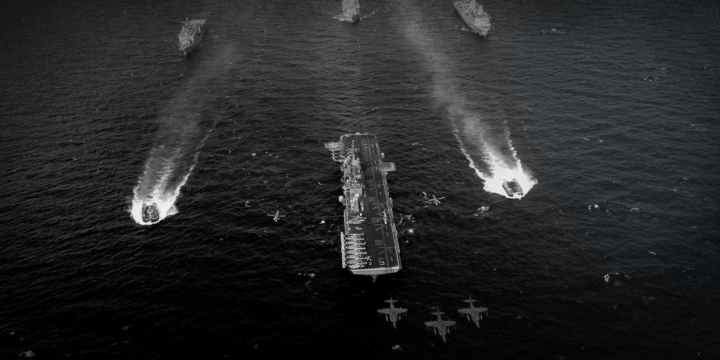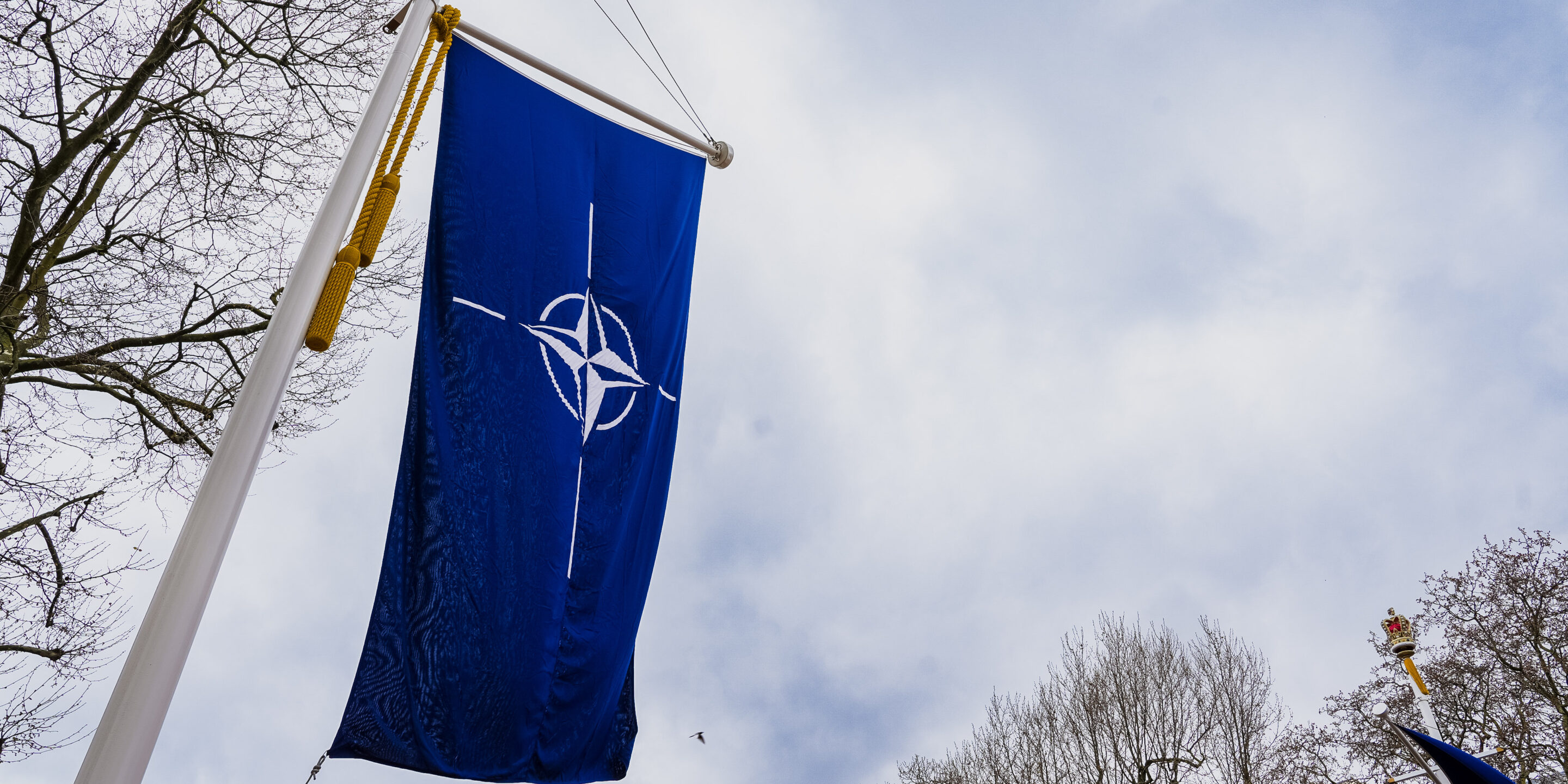
There was a time not so long ago when Germany was US president Donald Trump’s favourite punching bag in Europe. During his first term in office, Trump had a penchant for biting Berlin’s ear off, blasting its political leadership as grossly incompetent, blaming the country for destroying itself by accepting a million refugees and wagging his finger at the Germans’ unwillingness to take more responsibility for their own defence.
Yet those days are over. Trump, now in his second term, has a new European target in his crosshairs: Spain.
The land of Tempranillo and Jamón Serrano is the latest subject of Trumpian rage, and the issues at hand—inadequate defence spending and insufficient commitment to Europe’s collective defence—are the very same that caused such frigidness between the Americans and Germans. The Spanish government of left-of-centre prime minister Pedro Sánchez is, in the Trump administration’s view, not only refusing to meet the defence obligations it signed up to, but also injecting a schism in Nato at a time when the alliance is working toward implementing defence reforms—chief among them an increase in military expenditures to 5 per cent of gross domestic product by 2035.
Trump has a point. At 1.43 per cent of GDP, Spain had the second-lowest defence spending in Nato last year, behind only Luxembourg. Yes, the Spanish have committed themselves to beefing this figure up to 2 per cent of GDP by the end of the year, which will mean another €10 billion (£8.7 billion) or so into the coffers. But for Trump, a man obsessed with numbers and balance sheets, this is too little, too late. Again, he has a point; the 2 per cent of GDP benchmark prime minister Sánchez is so proud about fulfilling is no longer a target worth pursuing. In fact, Nato made a collective decision during last June’s annual summit that 2 per cent was inadequate to the task of beefing up European military capacity in the face of Russia’s continued aggression in Ukraine.
More on Europe
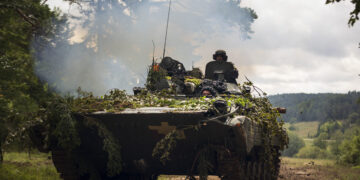
By Geoff LaMear
October 11, 2025
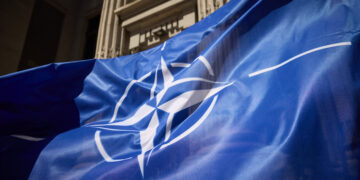
September 30, 2025
Events on NATO
